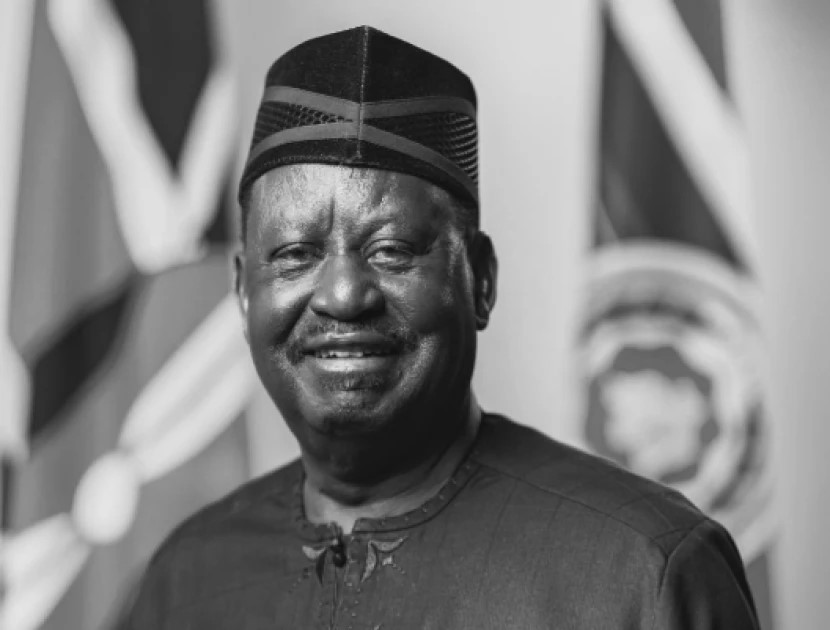
Nairobi, October 15, 2025 — Kenya and Africa at large are mourning the passing of Rt. Hon. Raila Amolo Odinga, a statesman whose leadership extended beyond politics into key development sectors — among them, agriculture, where his influence reshaped national priorities toward food security, farmer empowerment, and rural development.
During his tenure as Prime Minister (2008–2013), Raila Odinga spearheaded significant reforms in the agricultural sector aimed at improving productivity, sustainability, and farmer livelihoods. His government’s Agricultural Sector Development Strategy (ASDS) became a cornerstone policy, emphasizing modernization of farming, private sector participation, and value addition across Kenya’s agricultural value chains.
He pushed for the revitalization of cooperative societies, enabling smallholder farmers to access better markets and credit facilities, and championed irrigation projects that transformed arid and semi-arid regions into productive zones — notably supporting initiatives under the National Irrigation Board and the Galana-Kulalu Food Security Project framework.
Raila consistently emphasized farmer welfare as central to Kenya’s economic growth. He advocated for fair pricing in the maize, sugar, and tea sectors, speaking out against cartels and unfair trade practices that hurt producers. His vision sought to place farmers at the heart of Kenya’s economic planning, ensuring they benefited equitably from their hard work.
Under his leadership, the government expanded support for agricultural extension services, encouraging youth and women to view farming as a viable business, not just a subsistence activity. These efforts inspired a generation of agripreneurs and cooperatives that today contribute to Kenya’s growing agro-industrial base.

Raila Odinga’s instrumental role in the 2010 Constitution brought one of the most transformative changes to agriculture — devolution. For the first time, counties gained control over local agricultural policies, allowing for region-specific approaches to crop production, livestock development, and marketing. This move brought decision-making closer to the farmers and opened new opportunities for innovation and investment at county level.
His vision of “agriculture-led rural transformation” remains a guiding philosophy in many counties’ development plans today.
Beyond Kenya, Raila Odinga was a vocal advocate for food security and climate resilience across Africa. Through his engagements as the African Union’s High Representative for Infrastructure Development, he consistently linked infrastructure investment — particularly roads, irrigation, and energy — to boosting agricultural productivity and regional trade in food commodities.
He worked with regional blocs to promote cross-border agricultural markets, enhance intra-African trade, and strengthen value chains under the African Continental Free Trade Area (AfCFTA). His commitment reflected his belief that Africa could feed itself if it invested in its farmers and infrastructure.
Raila Odinga’s passing marks the end of an era for Kenya and Africa’s progressive politics. Yet his influence in agriculture — from policy reform to youth inclusion and regional trade — endures in tangible ways.
He leaves behind a vision of a continent where farmers are empowered, agriculture is industrialized, and food security is treated as a matter of national sovereignty.
As the nation bids farewell, farmers, cooperatives, and agribusiness leaders remember him not only as a politician but as a champion of the African farmer — one whose voice consistently called for dignity, opportunity, and transformation in the sector that feeds the nation.
Rest in Peace, Raila Amolo Odinga.
Your legacy will continue to grow — in every field you inspired to flourish.

